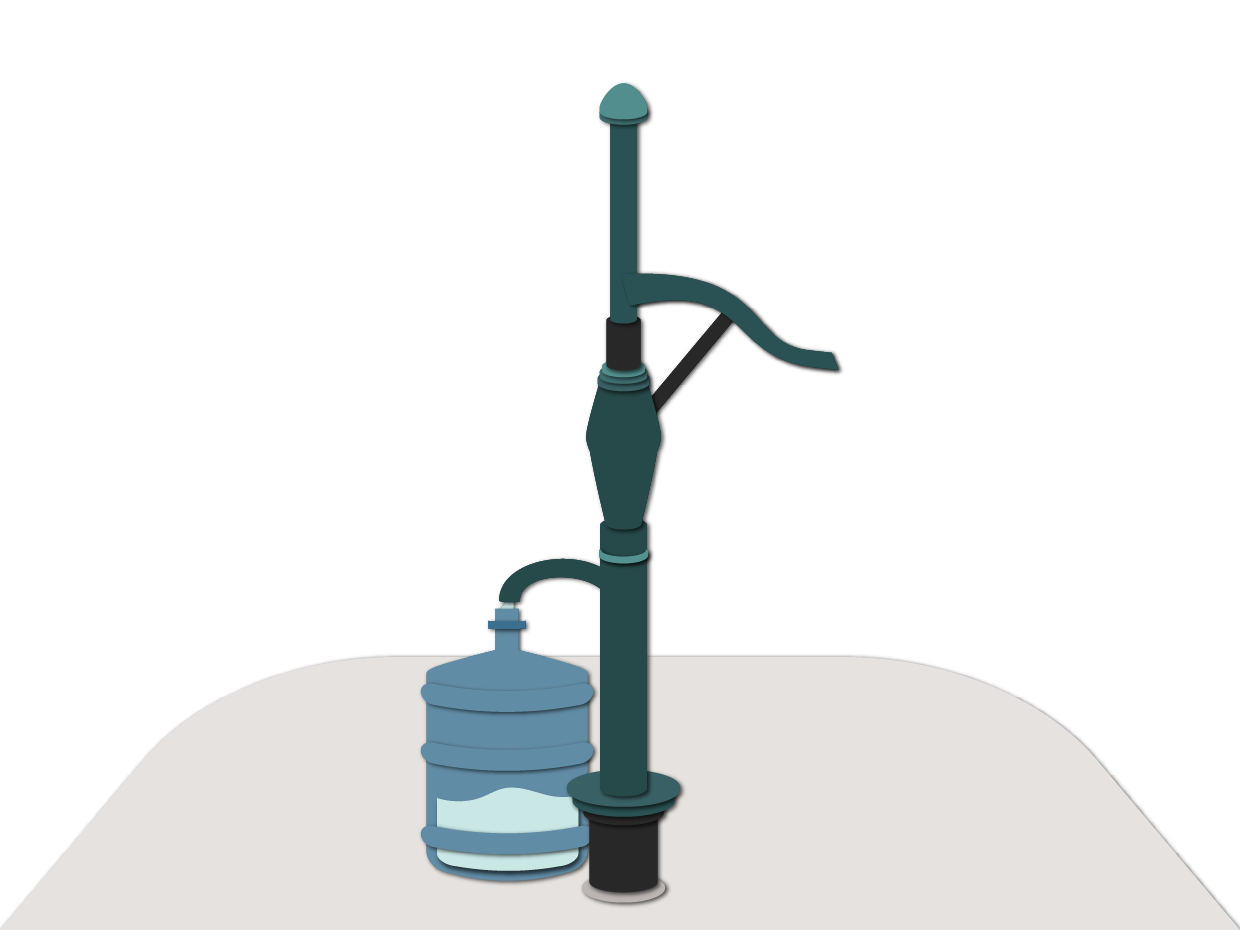An important first step in budgeting is always estimating your income and expenses each month. If it’s been a while since you reviewed your budget, or if you’re making one for the first time, you might need to take some time to track your income and expenses. Then, you can use this information to build your budget, and decide where you want to make changes.
On this page you’ll find
Tracking your expenses
The goal of tracking your spending is to have a realistic picture of where your money goes. When you take time to track it, it can often lead to a reality check and reveal places you are spending too much, or not enough.
Four approaches to tracking your spending:
1. Review bank statements and credit card statements.
If you mostly shop online, your monthly statements will have the spending record you need. Review them at the end of the month. Add up how much you spend in each category (groceries, hobbies, transportation, etc.,) or how much you spend in each store, whichever is more meaningful for your budgeting.
2. Keep all receipts and add them up.
If you mostly shop in stores with cash, you probably have a collection of paper receipts in your wallet, purse or pockets. Assign a place to save them at home and then add them up at the end of each week or month.
3. Use an app.
Many budgeting apps include expense tracking, either manually or by linking to your accounts. Before you choose an app, make sure to review the privacy policy and know what information the app will have access to.
4. Use a notebook.
If the tried-and-true method of pen and paper works best for you, use a notebook to write down everything you spend money on. Add items up according to each spending category.
Next steps
Once you’ve tracked your spending for a month or two, you’ll have a clearer picture of your spending habits. It may even reveal patterns, such as being more prone to impulse spending on certain days of the week, or at certain stores.
Use what you’ve learned to build your budget or update it. You can decide where you would like to make reductions or confirm where you’ve already reduced as much as you can. It’s even possible that just tracking expenses has already influenced you to make some changes.
Ultimately, tracking your income and expenses are tools that can help you build a balanced budget.
Take action:
1. Take a month to track your expenses and see where your money really goes.
2. Review your spending and decide what changes you want to make for the next month.
3. Create expense categories in your budget based on what you’ve learned.
